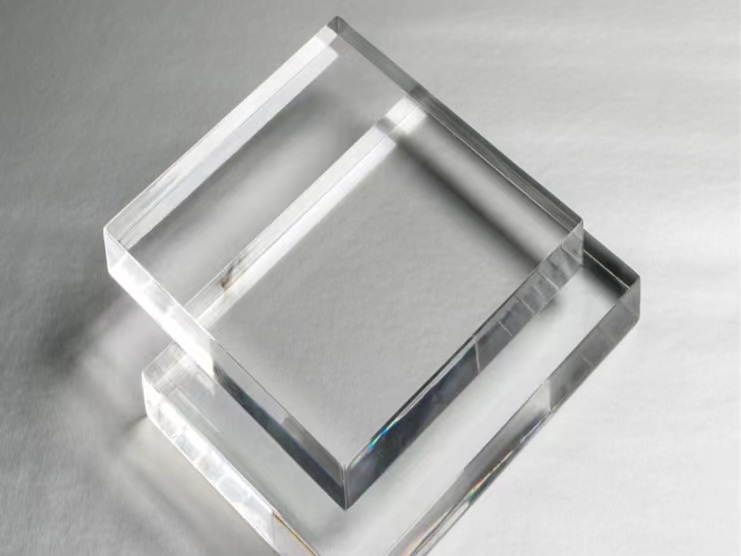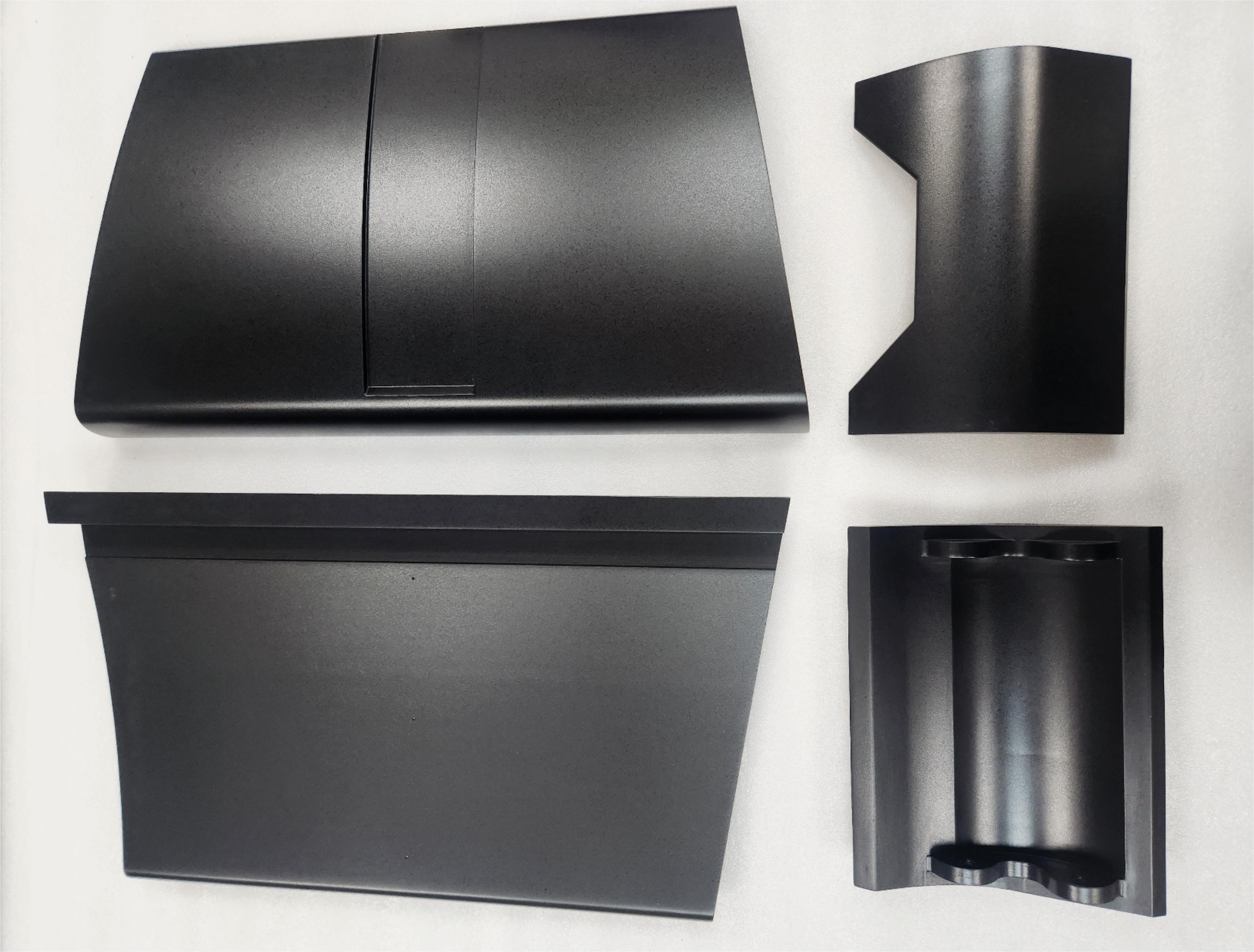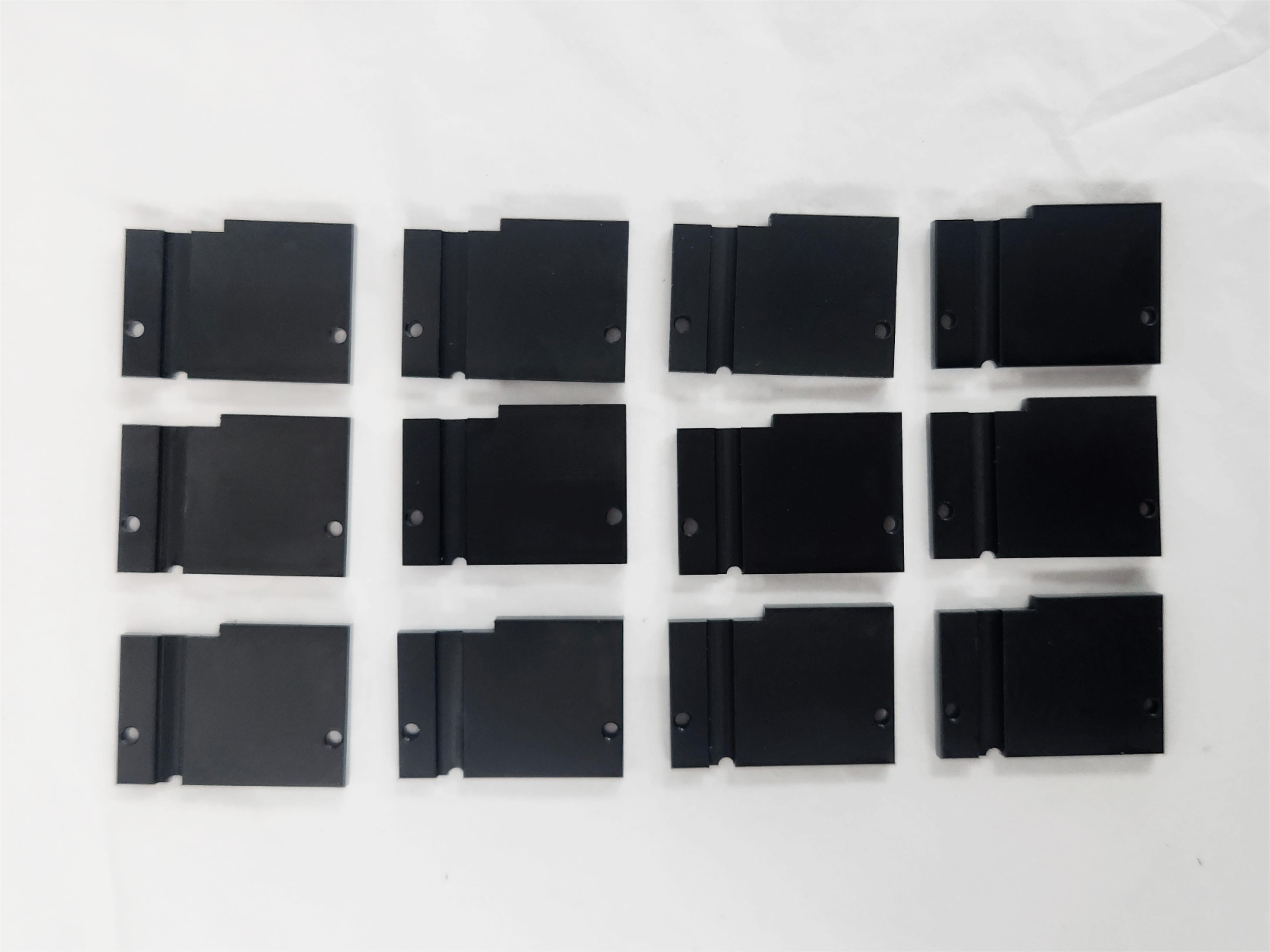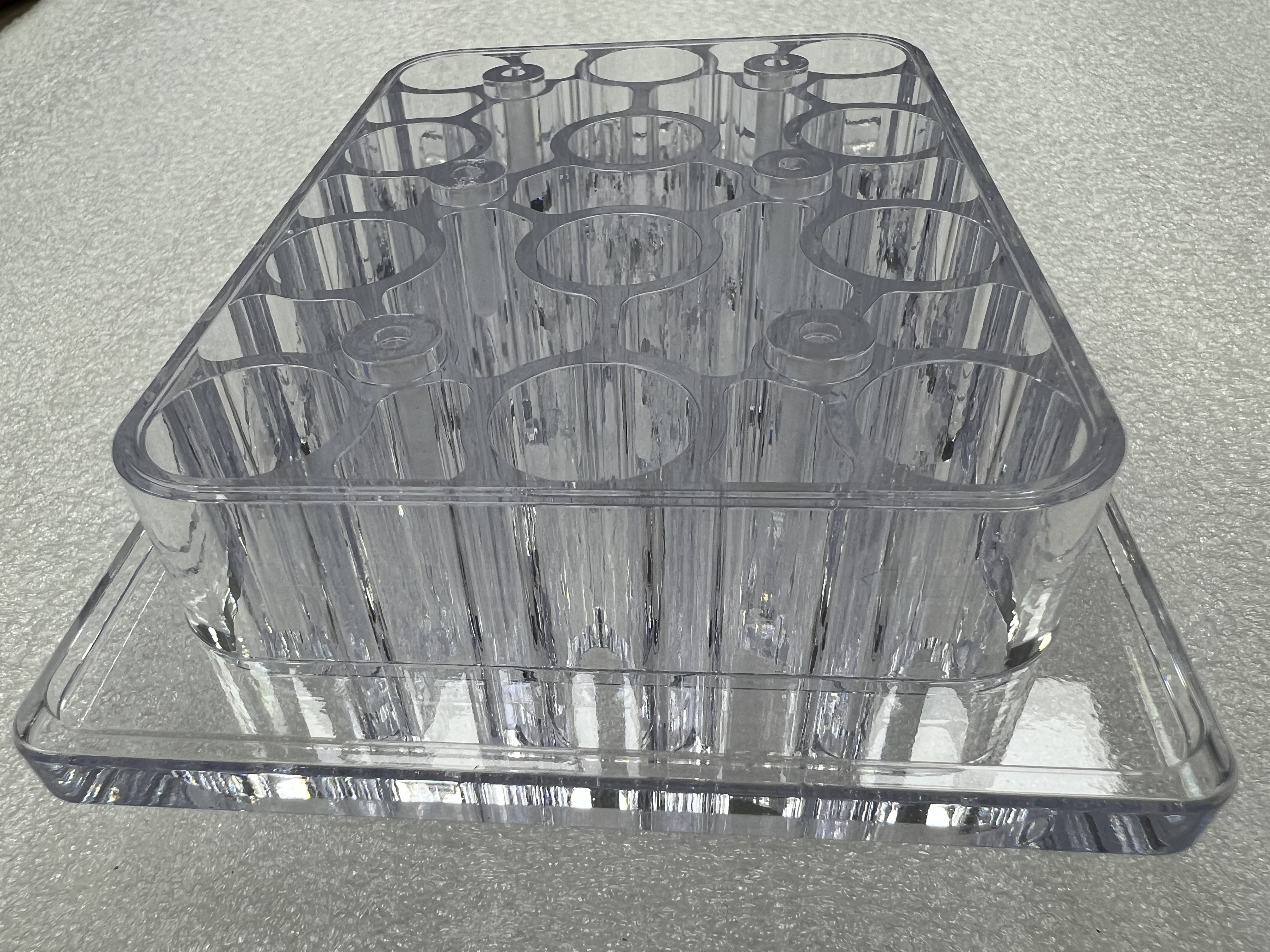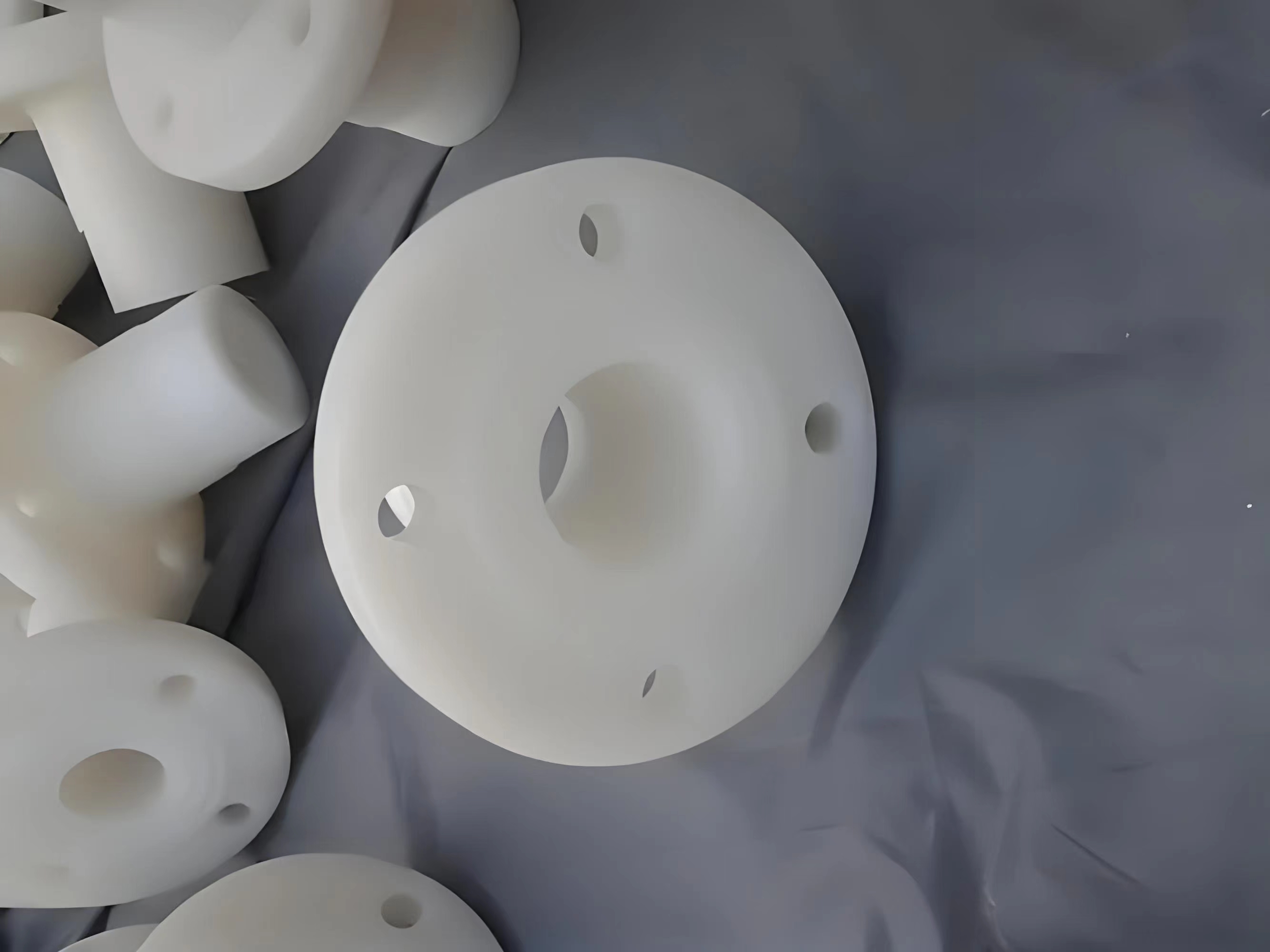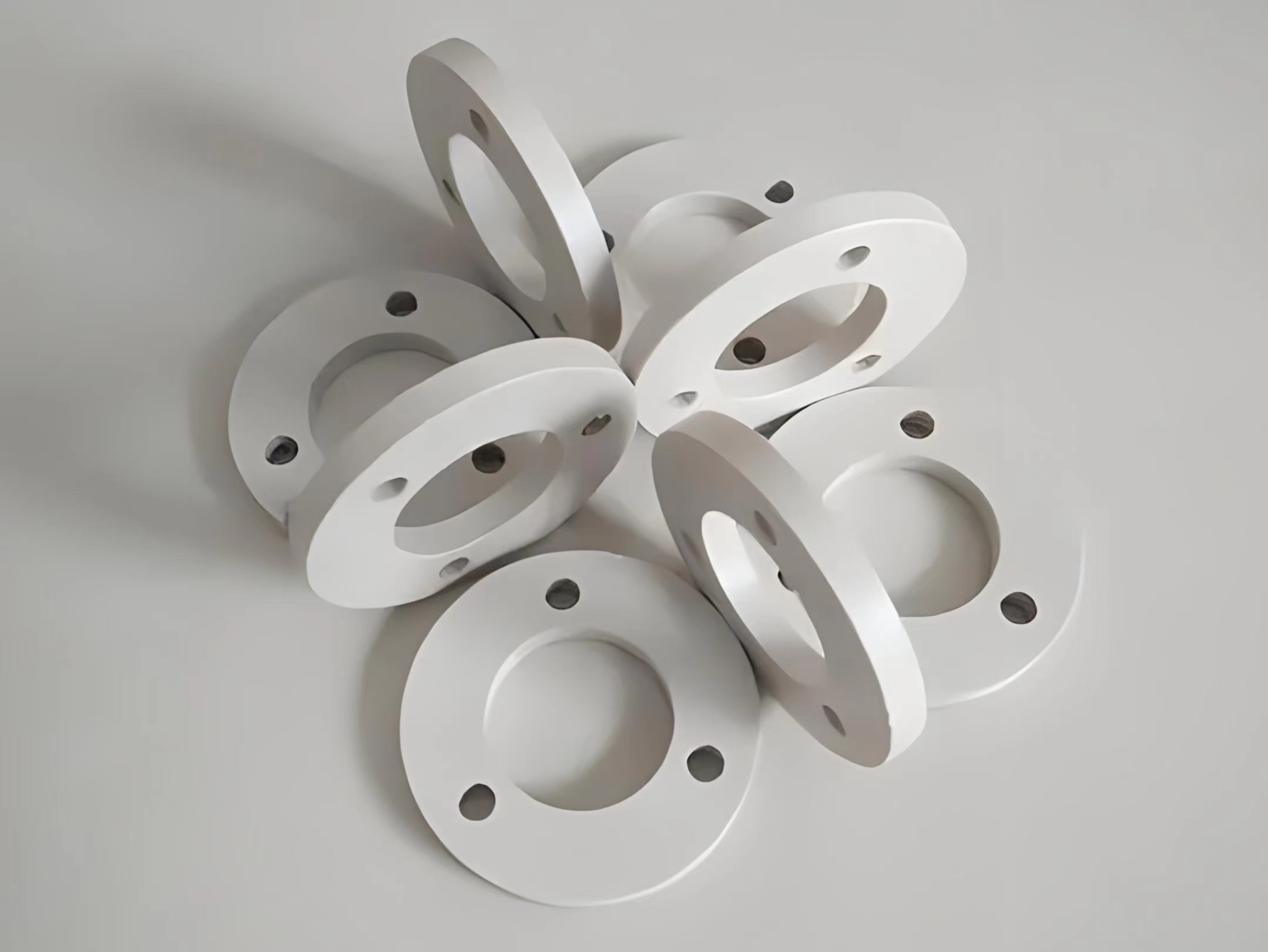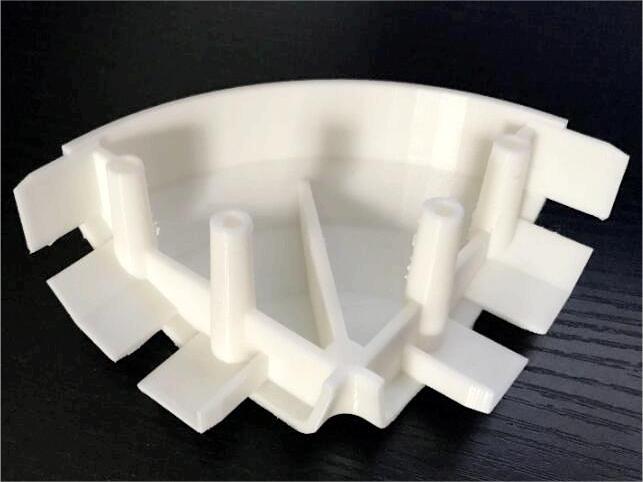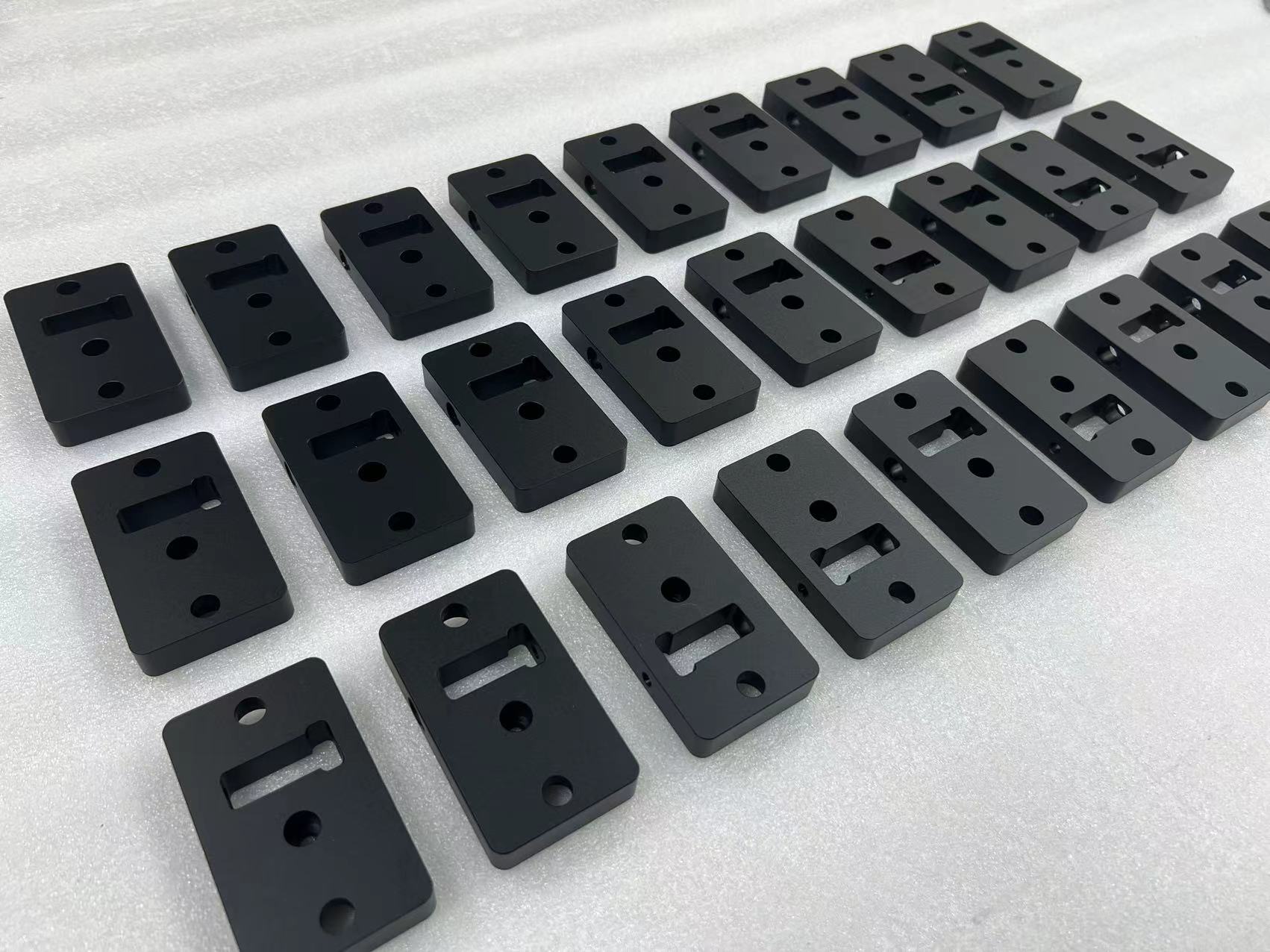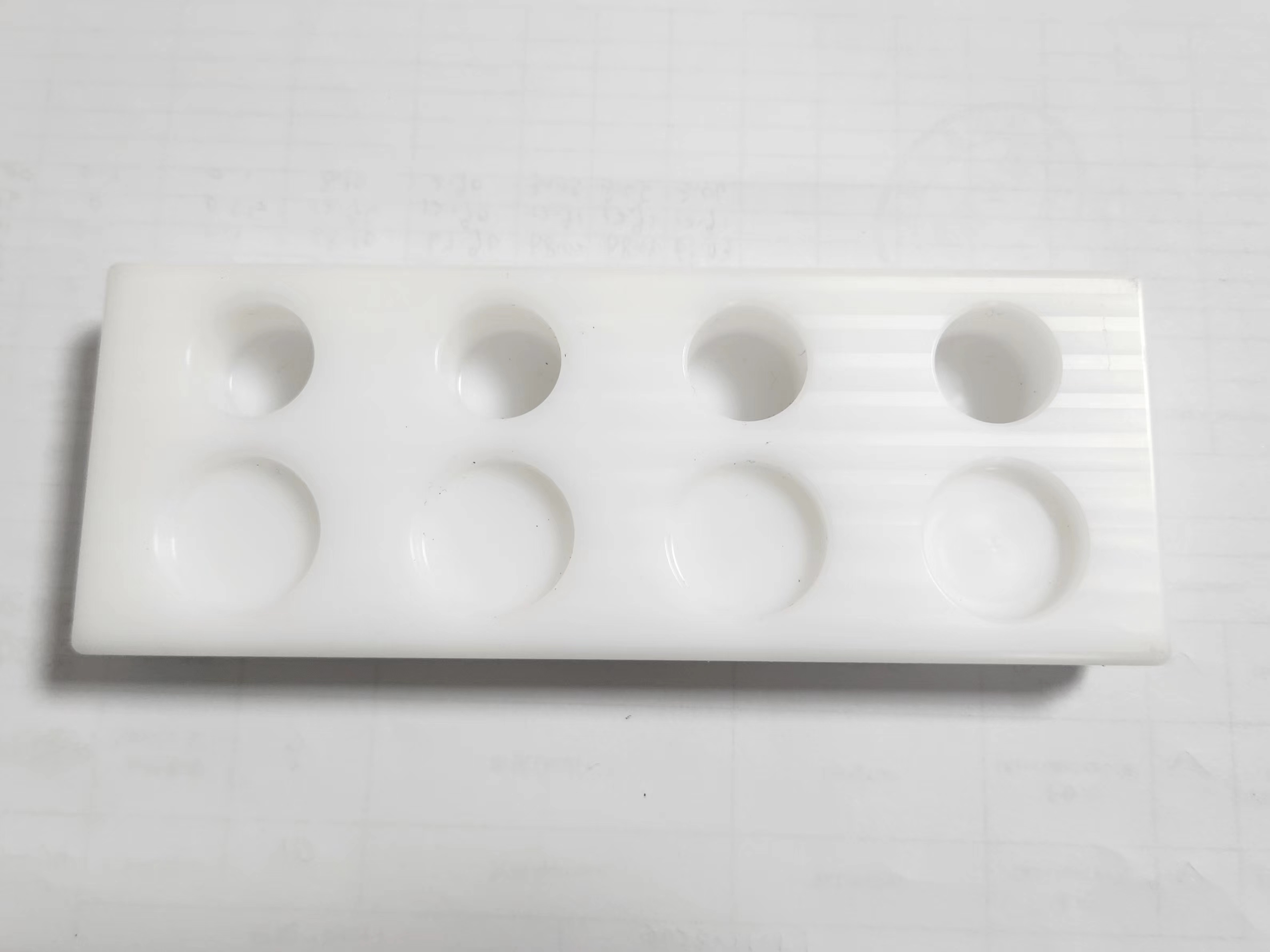PMMA (Acrylic)
PMMA, commonly known as acrylic or plexiglass, is a versatile and widely used material in CNC machining and mold manufacturing due to its excellent properties.
Here is an introduction to PMMA material in CNC machining and mold applications:
Material Properties:
- Transparency: PMMA offers exceptional optical clarity, similar to glass, making it suitable for applications requiring transparency.
- Lightweight: It is significantly lighter than glass, making it easier to handle and suitable for weight-sensitive applications.
- High Impact Resistance: Despite its lightweight nature, PMMA has high impact resistance, making it less prone to breakage compared to glass.
- Weather Resistance: PMMA is resistant to weathering, UV radiation, and yellowing, making it suitable for outdoor applications.
- Chemical Resistance: It resists many chemicals, including acids and alkalis, enhancing its durability in various environments.
Ease of Machining: PMMA is easily machined using CNC milling, turning, or laser cutting processes, allowing for complex shapes and designs.
- Milling: PMMA can be milled into precise shapes and features using CNC milling machines. It offers excellent surface finish and dimensional accuracy.
- Turning: CNC turning processes can be used to create cylindrical or curved PMMA parts with high precision.
- Laser Cutting: Laser cutting is suitable for intricate designs and cutting PMMA sheets into specific shapes without tool contact, providing clean edges.
- Prototype Molds: PMMA is commonly used to create prototype molds due to its ease of machining and dimensional stability. It allows for rapid prototyping of plastic parts.
- Injection Molds: PMMA injection molds are used for mass production of plastic parts with high precision and surface quality. PMMA's thermal stability makes it suitable for injection molding processes.
- Automotive: PMMA is used for automotive lighting lenses, interior trim, and dashboard components due to its optical clarity and impact resistance.
- Electronics: It is used for display screens, protective covers, and housings in electronic devices due to its transparency and lightweight nature.
- Signage and Displays: PMMA is widely used in signage, point-of-sale displays, and exhibition stands due to its clarity, weather resistance, and ease of fabrication.
- Medical Devices: PMMA is used in medical devices such as incubators, surgical instruments, and laboratory equipment due to its biocompatibility and sterilizability.
CNC Machining of PMMA:
Mold Manufacturing with PMMA:
Applications:
In summary, PMMA is a versatile material suitable for CNC machining and mold manufacturing, offering excellent optical clarity, impact resistance, and ease of fabrication. Its properties make it ideal for a wide range of applications across various industries.
Write your message here and send it to us

